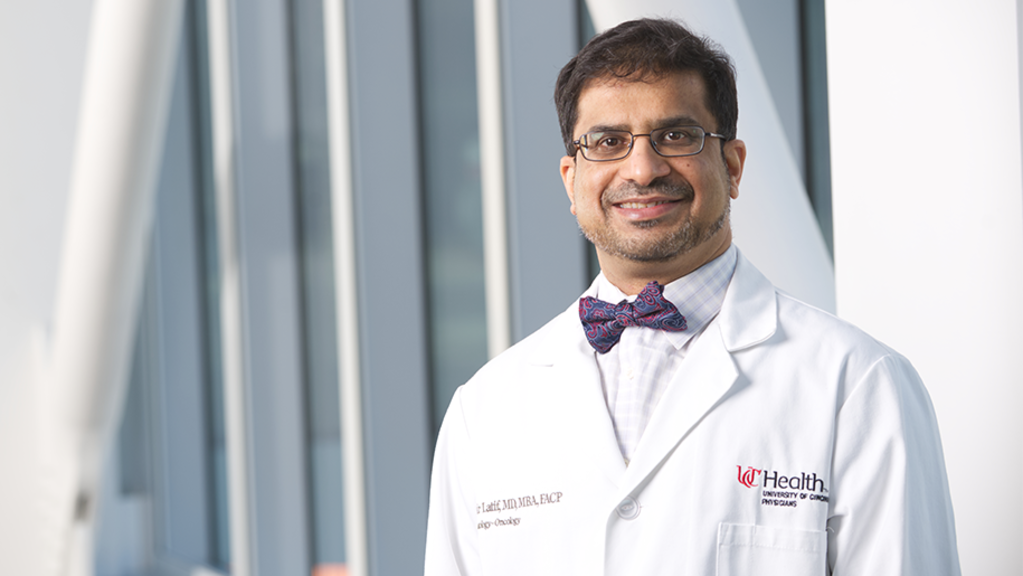More Than Medicine
Patty’s journey was about more than medical innovation. It was about faith, family, and community.
“My husband never wavered. From the first appointment, he told me, ‘You’re going to be okay. You’re in the best hands.’ My friends and family drove me to appointments, filled my home with meals, and surrounded me with love. My friends also set up a cleaning service every week during my chemo treatments. Even my students—I was a substitute teacher at the time—made me cards, praying for me to get better. It was overwhelming, in the best way.”
Today, Patty is four years cancer-free and thriving. She’s back at the sidelines of her kids’ games, keeping the promise she made to herself during treatment: never to miss a moment.
“The care I got at the University of Cincinnati Cancer Center saved my life—and gave me my life back,” Patty said. “From the doctors and nurses to the people who checked me in for radiation, every single person was part of my journey.”
And her story is proof that rectal cancer doesn’t always have to mean surgery.




